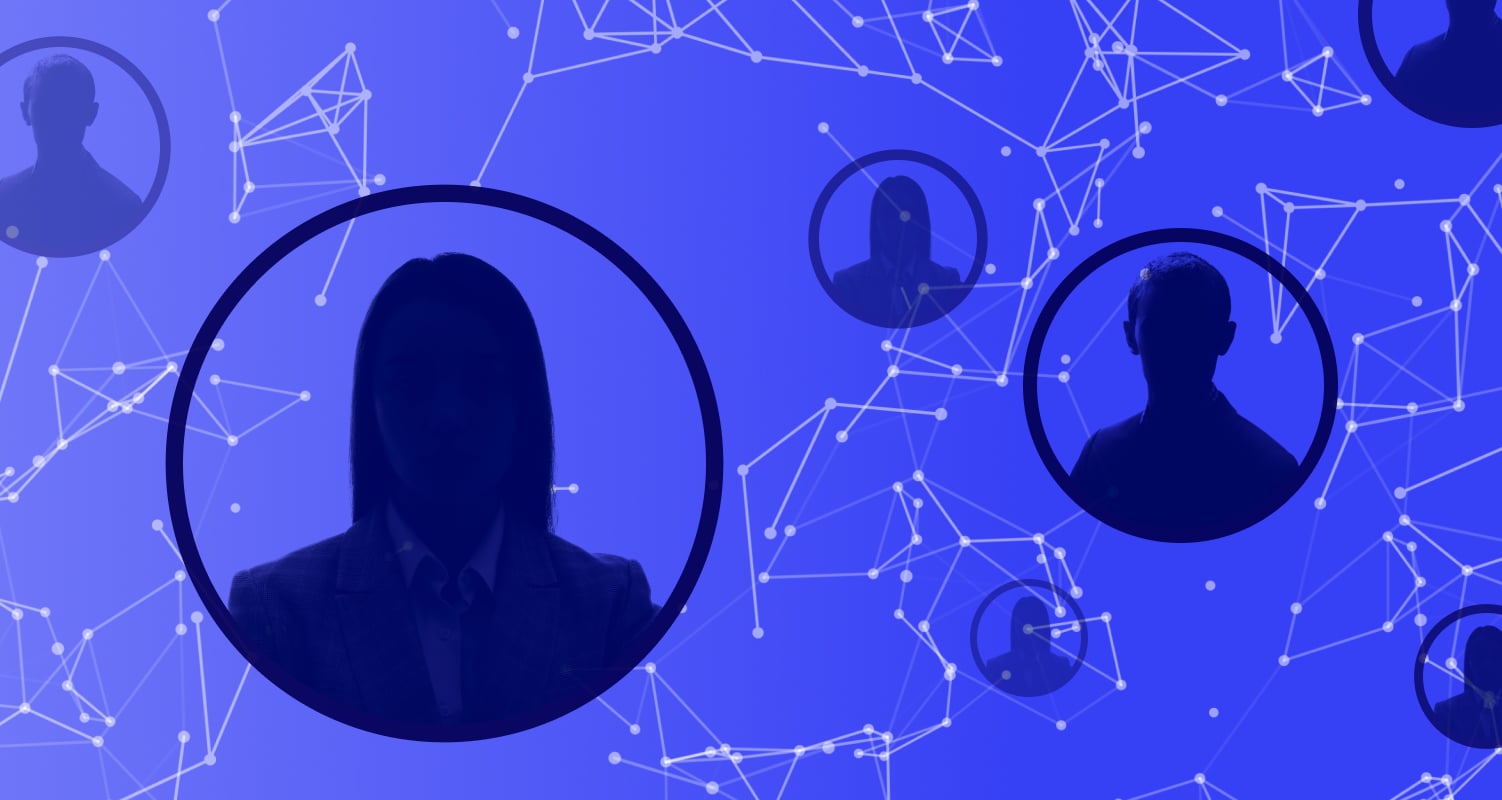As we navigate an increasingly digital world, the need for secure, privacy-focused identity systems has never been more critical. Traditional digital identity systems, where personal data is controlled by centralized entities such as governments, banks, and social media platforms, are fraught with issues. From data breaches to identity theft, centralized identity management presents significant risks for both individuals and organizations.
Enter Decentralized Digital Identity (DID)—a groundbreaking approach that shifts control of personal data from centralized entities to individuals themselves. Powered by blockchain technology, DID systems allow users to maintain control over their personal data, reducing the risks associated with centralized identity systems. In this article, we’ll explore what DID is, how it works, and why it’s crucial for the future of digital identity.
What is Decentralized Digital Identity (DID)?
Decentralized Digital Identity, or DID, is a system that allows individuals to create, manage, and control their own digital identities without relying on centralized authorities or intermediaries. Unlike traditional identity systems, where identity data is stored in centralized databases that are vulnerable to hacks and breaches, DID systems use blockchain to create a secure, decentralized infrastructure.
In a DID system:
• Individuals have full control over their personal data and can decide who has access to it.
• Personal data is not stored in a single, centralized location. Instead, it is distributed across a decentralized network, making it much harder for malicious actors to access or manipulate.
• Users can present Verifiable Credentials (VCs) to prove certain aspects of their identity (e.g., age, citizenship) without revealing unnecessary personal information.
The Role of Blockchain in DID
Blockchain technology plays a central role in enabling DID systems by providing a secure, transparent, and immutable ledger for recording identity transactions. With blockchain:
• Decentralized Identifiers (DIDs) can be created and stored on a blockchain, ensuring that no single entity controls an individual’s identity.
• Every transaction related to identity verification or credential issuance is recorded on the blockchain, making it tamper-proof and auditable.
• Blockchain-based identity systems provide self-sovereign identity (SSI), meaning that individuals retain full ownership of their digital identity without needing to rely on third parties like banks or governments.
W3C Standards: Decentralized Identifiers and Verifiable Credentials
The World Wide Web Consortium (W3C) has played a critical role in standardizing DIDs and Verifiable Credentials (VCs) to ensure that decentralized identity systems are interoperable and secure. According to the W3C:
• Decentralized Identifiers (DIDs) are globally unique identifiers that allow individuals to own and control their digital identity without the need for a centralized registry.
• Verifiable Credentials (VCs) allow users to present proof of claims (e.g., proof of age, residency, qualifications) without exposing sensitive personal data.
These standards make it possible for decentralized identity systems to function globally, across different industries and jurisdictions.
Why Does DID Matter?
The traditional model of identity management, where centralized authorities control vast amounts of personal data, has resulted in numerous high-profile data breaches, identity thefts, and privacy violations. With more of our lives moving online, the risks associated with centralized identity systems are only increasing.
Decentralized Digital Identity offers several key benefits:
• User Control: DID empowers individuals to take control of their personal data, deciding who has access to it and under what conditions.
• Privacy Protection: By using Verifiable Credentials, individuals can prove specific aspects of their identity without revealing additional personal information, reducing their exposure to privacy risks.
• Reduced Risk of Data Breaches: Since personal data is not stored in a central location, the risk of large-scale data breaches is significantly reduced.
• Interoperability: W3C standards ensure that DID systems can work across borders and industries, making decentralized identities a viable solution for global use.
Real-World Applications of DID
DID systems are being used in various industries to enhance security and privacy:
• Finance: Decentralized identities can streamline Know Your Customer (KYC) processes by allowing individuals to share verified credentials without giving up control of their data.
• Healthcare: Patients can use DID systems to securely share medical records with healthcare providers while retaining control over who can access their sensitive information.
• Government Services: Governments can issue digital identities that citizens can use to access services securely, without relying on a central authority to manage their data.
How Baliola’s Mandala Application Chain Powers Decentralized Identity
While DID is a powerful concept, its successful implementation requires a secure, scalable, and customizable infrastructure. This is where Baliola comes in. As the technical partner responsible for developing IDCHAIN—a decentralized identity system built for PANDI (Pengelola Nama Domain Internet Indonesia)—Baliola uses its Mandala Application Chain as the core engine powering decentralized digital identity solutions.
Mandala Application Chain provides the blockchain-based infrastructure needed to:
• Securely store and manage decentralized identifiers (DIDs) on a public ledger.
• Enable the issuance of Verifiable Credentials (VCs), ensuring that individuals can prove specific claims without revealing more data than necessary.
• Guarantee the immutability and transparency of identity-related transactions, ensuring that users and organizations can trust the integrity of the system.
While IDCHAIN belongs to PANDI, it is powered by Baliola’s Mandala Application Chain, making it a robust and scalable solution for decentralized digital identity in Indonesia and beyond.
Interested in Decentralized Identity Solutions?
If your organization is exploring decentralized identity solutions, Baliola can help. With our Mandala Application Chain, we provide secure, scalable blockchain infrastructure that powers decentralized identity systems like IDCHAIN, giving users control over their personal data. Contact Baliola today to learn more about how we can support your decentralized identity initiatives.
